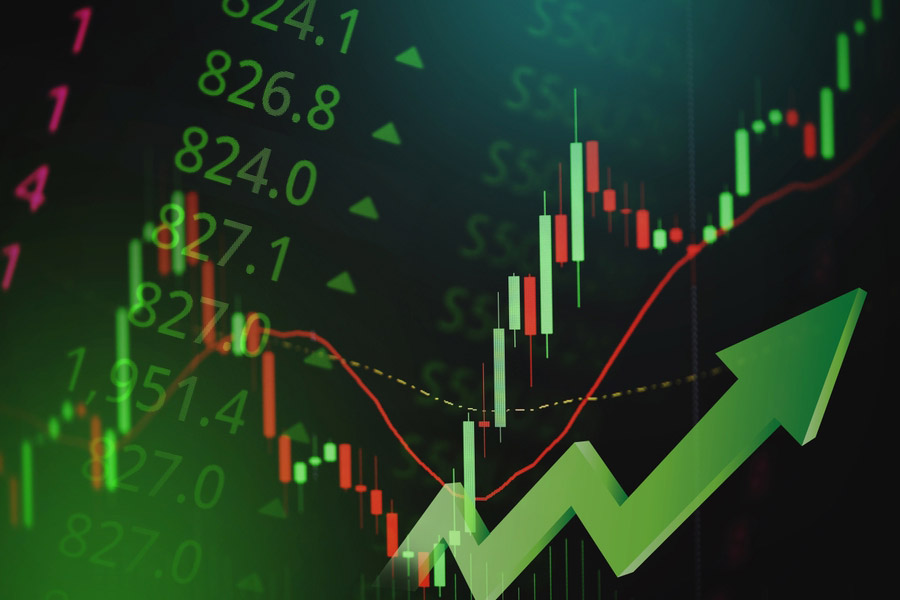Investors in Asia reclaimed a measure of calm Tuesday, after a day of frenzied selling around the world over concerns about a potential U.S. recession.
In Japan, where the losses Monday were largest, stocks bounced higher. The Nikkei 225 index rose 11% after plunging 12.4% the day before. That was the benchmark index’s biggest one-day point decline, larger than the plummet during the Black Monday crash in October 1987.
Stocks in South Korea, which were also down more than 10% at one point Monday, regained about 4%.
The jolt to stock markets started last week in Japan, where worries about the state of the U.S. economy were compounded by concerns about the effects a rapidly strengthening yen would have on corporate profits.
On Friday, a report on American jobs showed a considerable slowdown in hiring, prompting a sell-off in U.S. markets. More widespread panic took hold Monday over fears that the Federal Reserve may have waited too long to start cutting interest rates, threatening the strength of the U.S. economy. On Wall Street, the S&P 500 fell 3%, its sharpest daily decline since September 2022.
The Fed is expected to start cutting rates, which are at a more-than-two-decade high, later this year.
Conditions in Japan have been complicated by a policy shift in the opposite direction. The Bank of Japan last Wednesday increased its key rate to a quarter point. It was only the central bank’s second rate increase since 2007. After years in which policymakers kept interest rates low to try to boost prices and consumption, inflation has risen to levels at which they felt they could begin raising rates.
The prospect of higher rates caused the yen to strengthen, a trend that could be good for Japan’s economy over the longer term but will be a drag on corporate profits, especially for big companies that rely on selling abroad. The currency’s rise spooked investors, some of whom feared a stronger yen would spell the end of a more-than-yearlong rally in Japanese stocks that had been driven by a weakened currency.
A stronger yen also undercut some global investments made when the currency was cheaper, acting as a catalyst to wider selling across markets already nervous that stock prices had risen too high, too quickly. A popular trade among some investors involved borrowing in yen, and then investing it in markets like the U.S. But as the strength of the dollar this year began to ebb, profits from that trade also started to reverse course.
The yen weakened Tuesday, trading around 145 to the dollar, compared with 141 the previous day.
While the chain reaction of a strengthening Japanese currency and declining stocks seems to have calmed, analysts expect large market fluctuations to carry forward until there is more clarity about the direction of the economy in the United States.
The New York Times News Service


